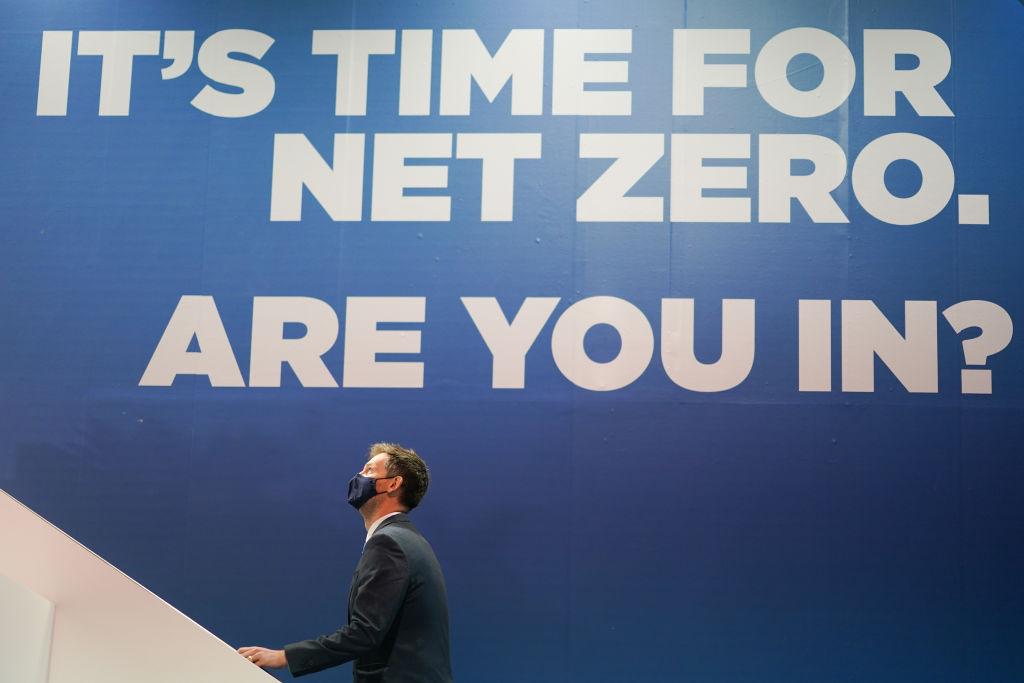With legally binding targets of reaching net-zero, the UK government plans on radically reducing carbon emissions by 2030. And in order to accomplish climate goals, such as phasing out petrol and diesel cars, gas boilers, and changes to diet, behavioural science is being used as a method to move the population towards everyday decisions that will spur on environmental action.
The Nudge Unit, also known as The Behavioural Insights Team (BIT), was established in the Cabinet Office in 2010 by former Prime Minister David Cameron’s government to apply behavioural science to public policy. The profit-making company was third owned by the Cabinet Office until the shares were sold to the innovation foundation NESTA last December.




